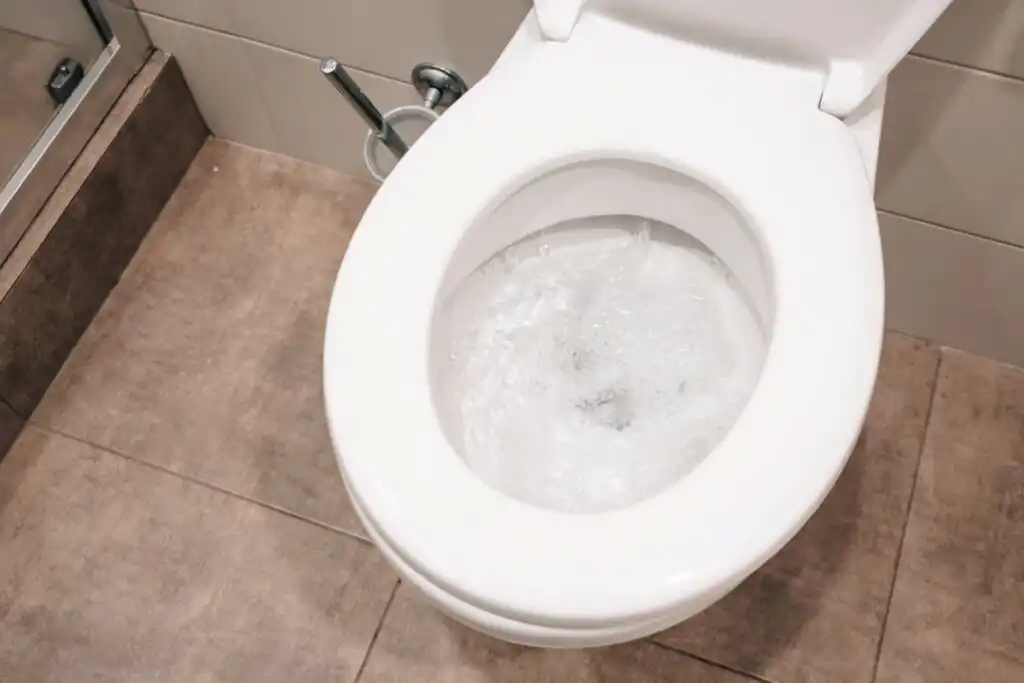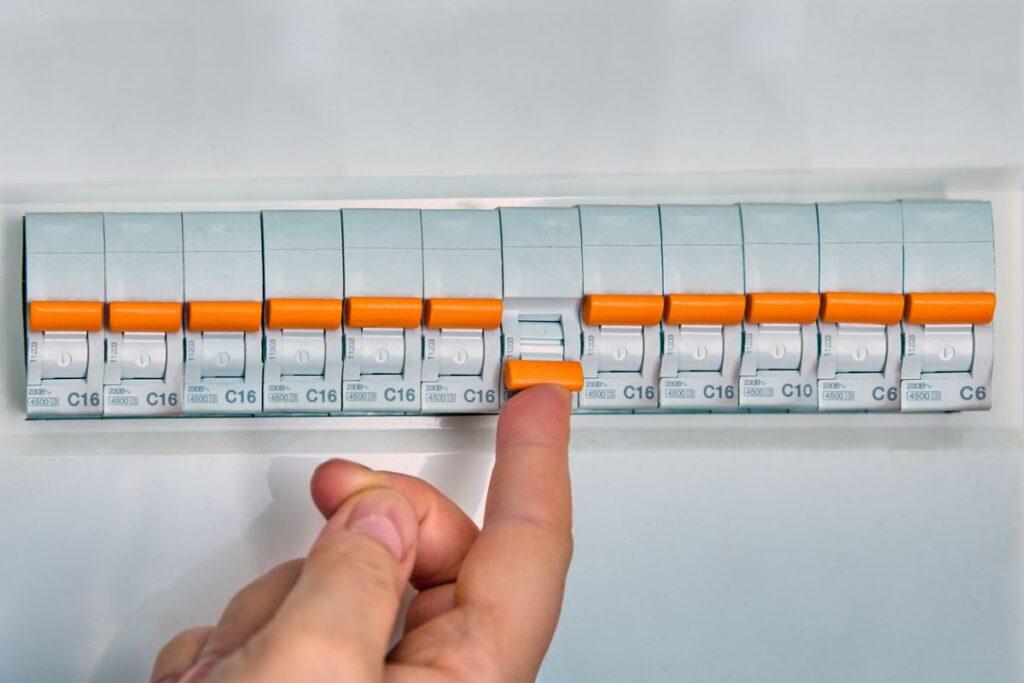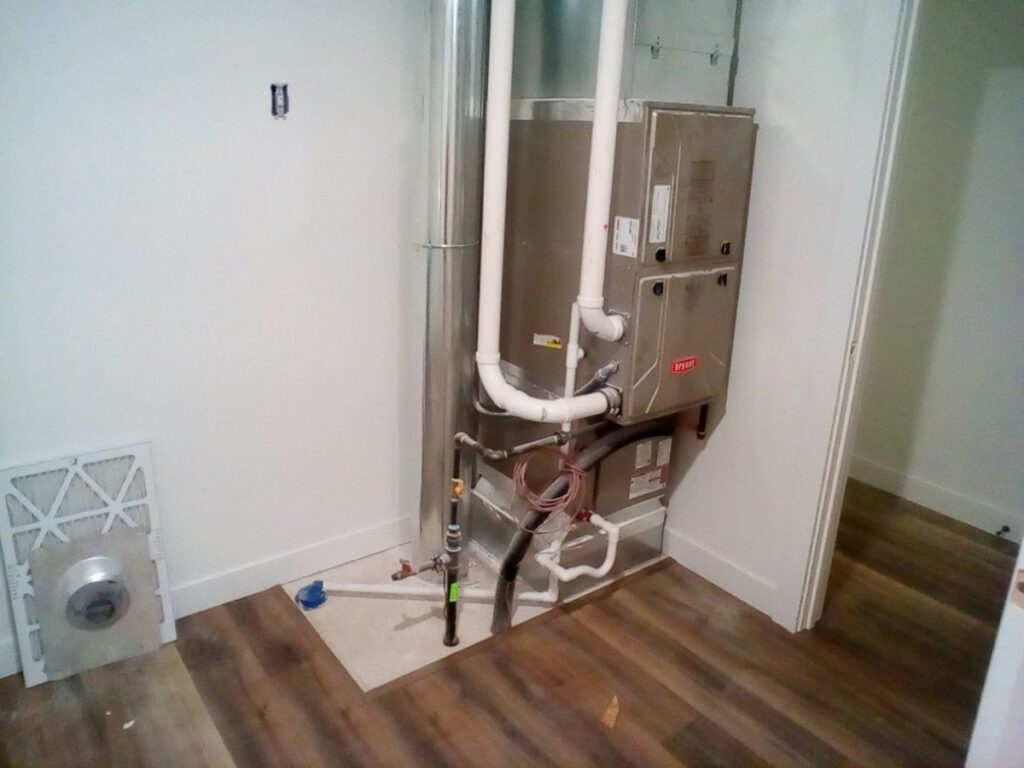





What's That Smell? 5 Furnace Odors And What They Mean

Whenever you turn on your furnace, you expect your unit to circulate clean, fresh air throughout your house. On a regular day, you might not even notice your furnace at all, as it runs quietly and efficiently.
Lately, you've noticed an unusual smell emanating from your machine. Sometimes, the odor overwhelms you and your family, and other times, you only catch a faint whiff of the scent, making you question whether it comes from your furnace at all.
But no matter how strong the smell, some scents you should never ignore, as they often indicate unit damage or failure. To ensure your family stays safe, take a look at the most common smells a furnace makes and the causes behind them.
1. Rotten Eggs or Sulfur
Natural gas is highly flammable, and that combustibility makes it a good fuel source for appliances throughout your home. Unfortunately, natural gas is also dangerous when inhaled, causing dizziness, nausea, fatigue, and irregular breathing.
As natural gas has no odor of its own, many gas companies add the chemical mercaptan as a safety precaution. This sulfur-based chemical gives off the distinct smell of rotten eggs so you know when natural gas is nearby.
If you have a propane- or gas-powered furnace that smells like rotten eggs or sulfur, you may have a gas leak. Due to the risks involved, you should take gas leaks seriously and never try to pinpoint the source on your own. Call in a professional and exit your home until you know the area is safe again.
2. Dirty Socks or Locker Room
You are likely all too familiar with that overwhelming scent of corn chips, fish sauce, and old cheese, but you might never expect these locker-room scents to come from your furnace.
Dirty sock syndrome occurs when bacteria build up on your heating system coils. During the spring and fall seasons, the coils cool with outdoor temperature drops and reheat when you turn up the thermostat. This constant cycle between warm and cold often results in condensation buildup, and the moist environment, in turn, results in bacterial growth.
The best way to eliminate this foul odor comes from a good, old-fashioned cleaning. Start by replacing your unit's air filter and by cleaning the evaporator coils with a non-acid coil cleaner. If the smell still lingers, you may need an HVAC technician to thoroughly clean your air ducts and the rest of your unit.
3. Electrical Burning or Ozone
If you've ever stood out in a thunderstorm, you've likely smelled the sharp smell of ozone, a scent reminiscent of chlorine. Your furnace might create a similar electrical or metallic smell when it overheats.
As your furnace ages, worn bearings may cause the blower motor to seize up or bind. Your furnace may then draw additional electricity to push through the resistance, and that additionally voltage may result in excessive heat buildup in the motor. The heat is often enough to melt away wire insulation, and soon your unit could produce electrical shorts and sparks that emit the smell.
If left untended, these sparks and melting wires create enough heat to start a fire in your home. If you smell electrical burning, cut the power to your unit and call a technician for help.
4. Diesel or Burning Oil
Your furnace could create a smoky or burning oil smell for a variety of reasons:
- If you keep your furnace in a basement or storage area, nearby items (such as toys, decorations, and clothing) could fall too close to the pilot light. These items could catch fire or melt, resulting in the smell of smoke and burning plastic.
- If you have an oil furnace, your unit might not ignite all the oil that passes through the burner. Instead, the oil creates a fog that smells much like a diesel engine. If that fog ignites, it could result in a large flame and excessive smoke.
- If you filled the oil tank, any spillage may give off an odor as it dissipates. This smell should fade after a day or two. But if it continues to linger, you may have an oil leak.
Not sure why your furnace smells of burning oil? Let an expert pinpoint the problem for you.
5. Dust or Must
When you haven't used your furnace for a while, your furnace might smell like a damp, dusty, or musty basement. The odor may smell particularly strong for the first few uses of the season, and then it may fade gradually.
This musty smell occurs when dust, dirt, and other debris collect on your unit and in your air ducts. As your furnace warms, the dust and dirt may burn away and smell faintly of smoke. Though the smell may seem worrisome, you don't have to panic about damage to your unit.
However, if the smell persists, you could have a clogged filter that allows dust and dirt to reach your motor. Check and replace your air filter as needed.
Your Nose Knows When to Schedule Repairs
As you can see, your nose can clue you into a broken or damaged furnace. If you smell any of the above, don't hesitate to call in an HVAC technician for furnace repairs. Even if your furnace's particular odor doesn't make the list, you should at least have a professional inspect your unit to ensure it functions safely.










